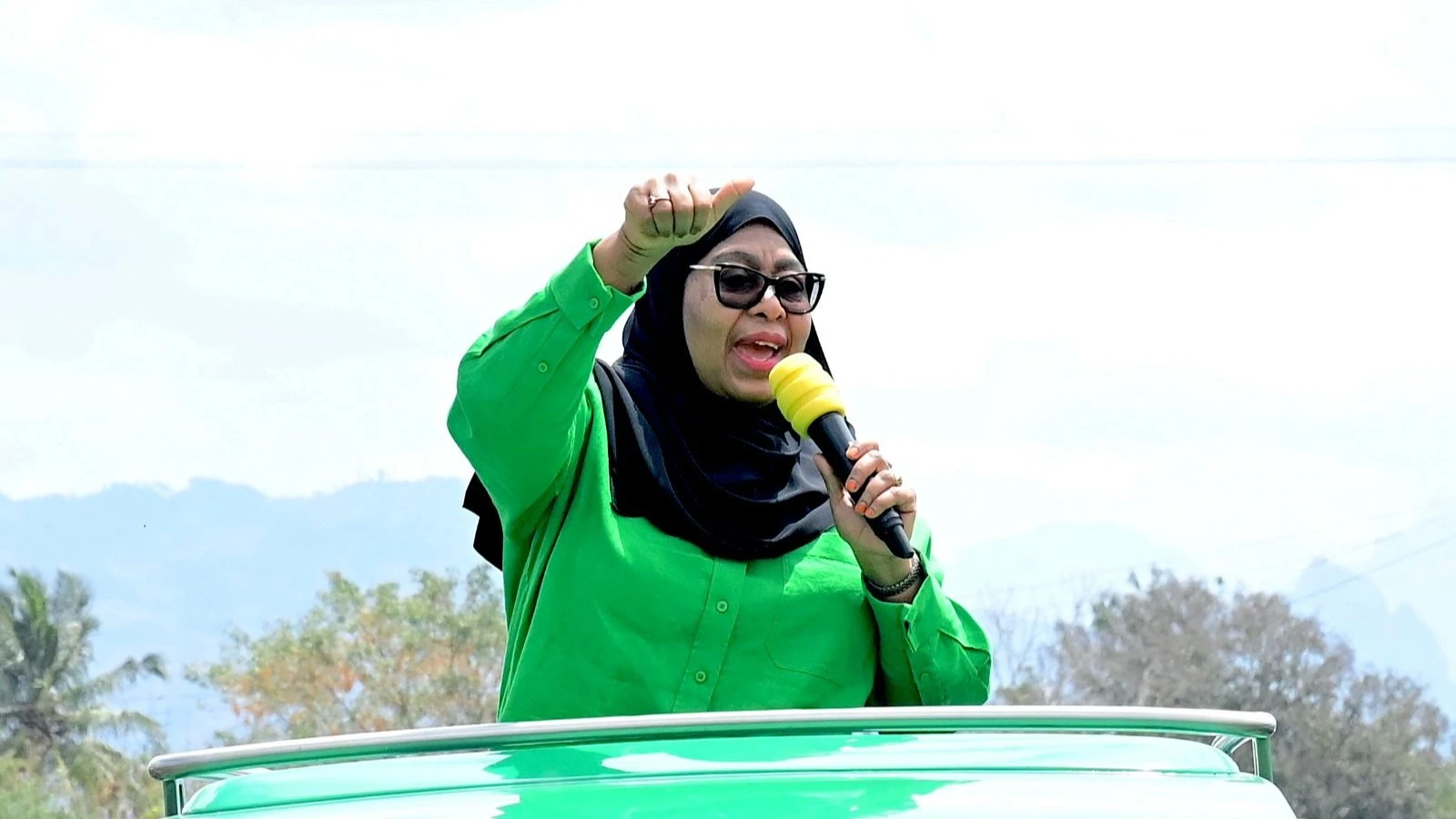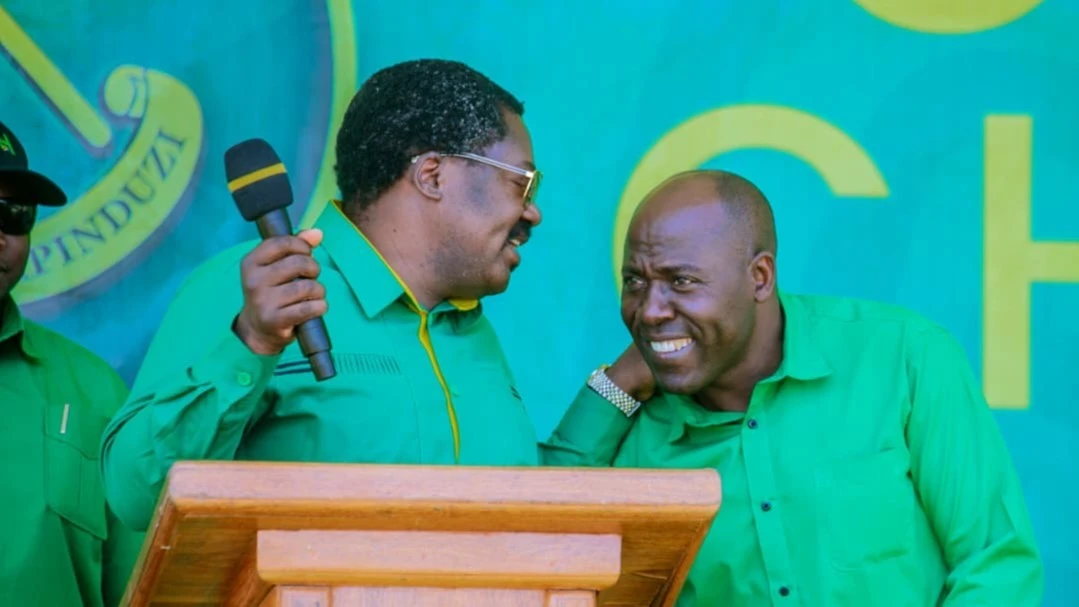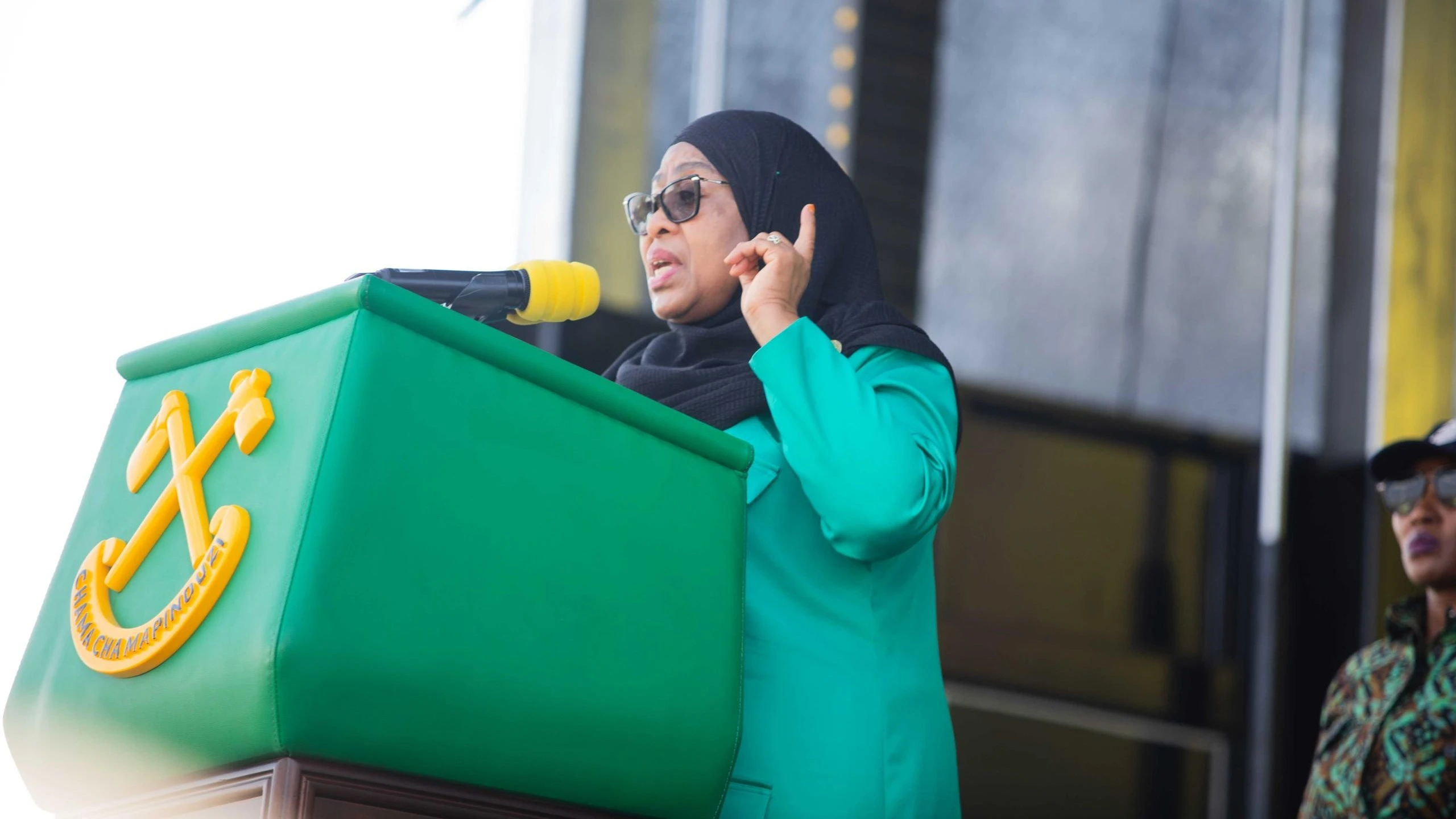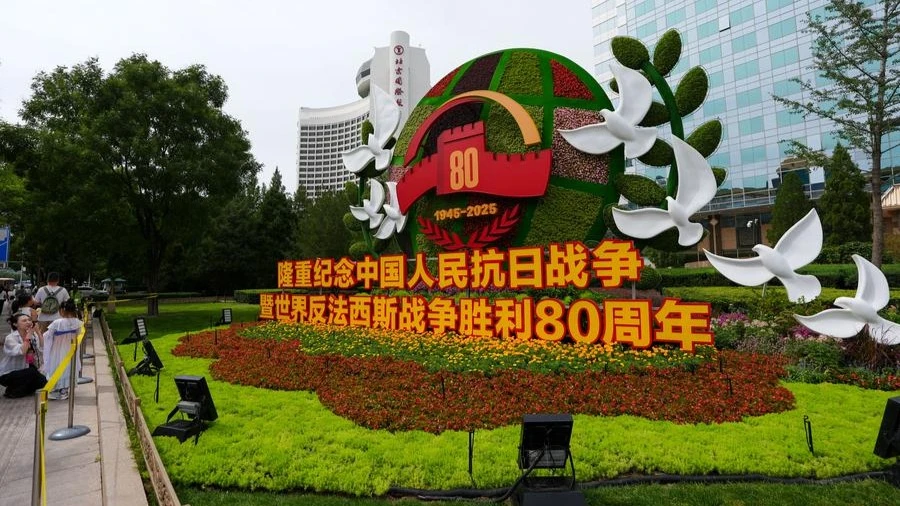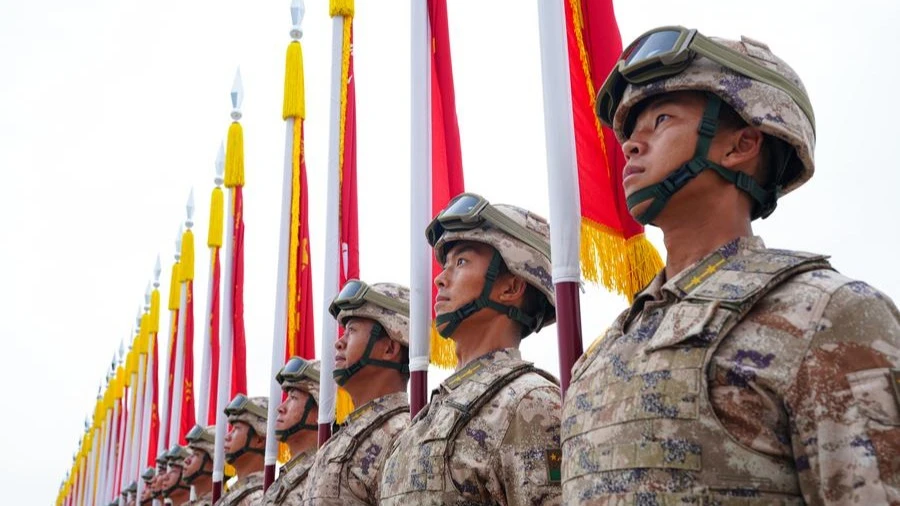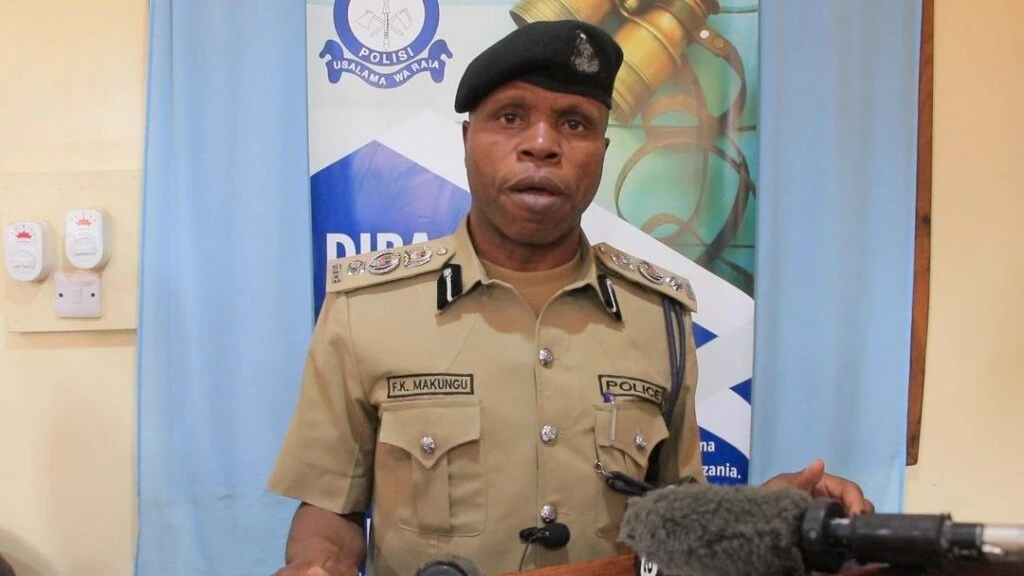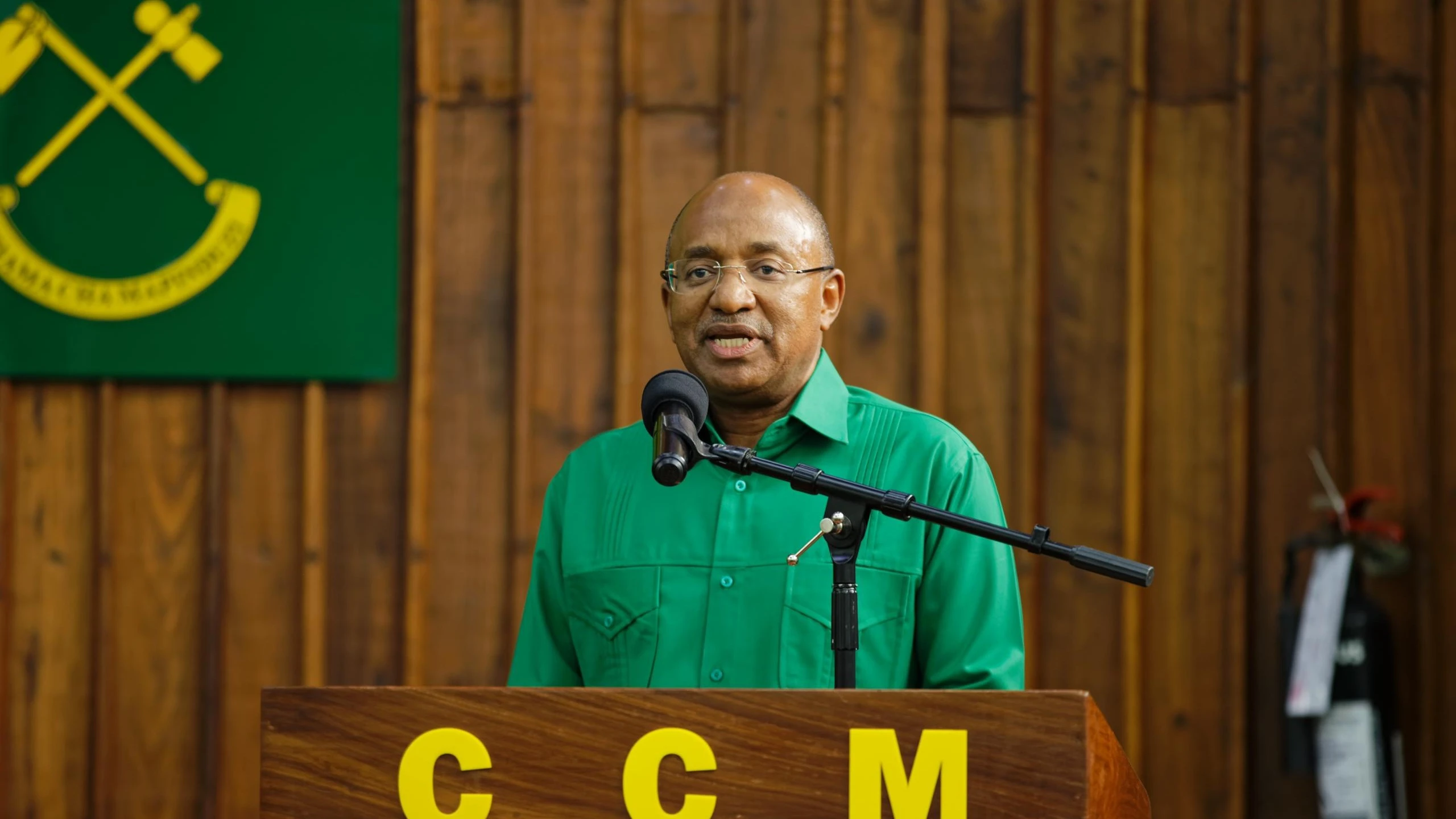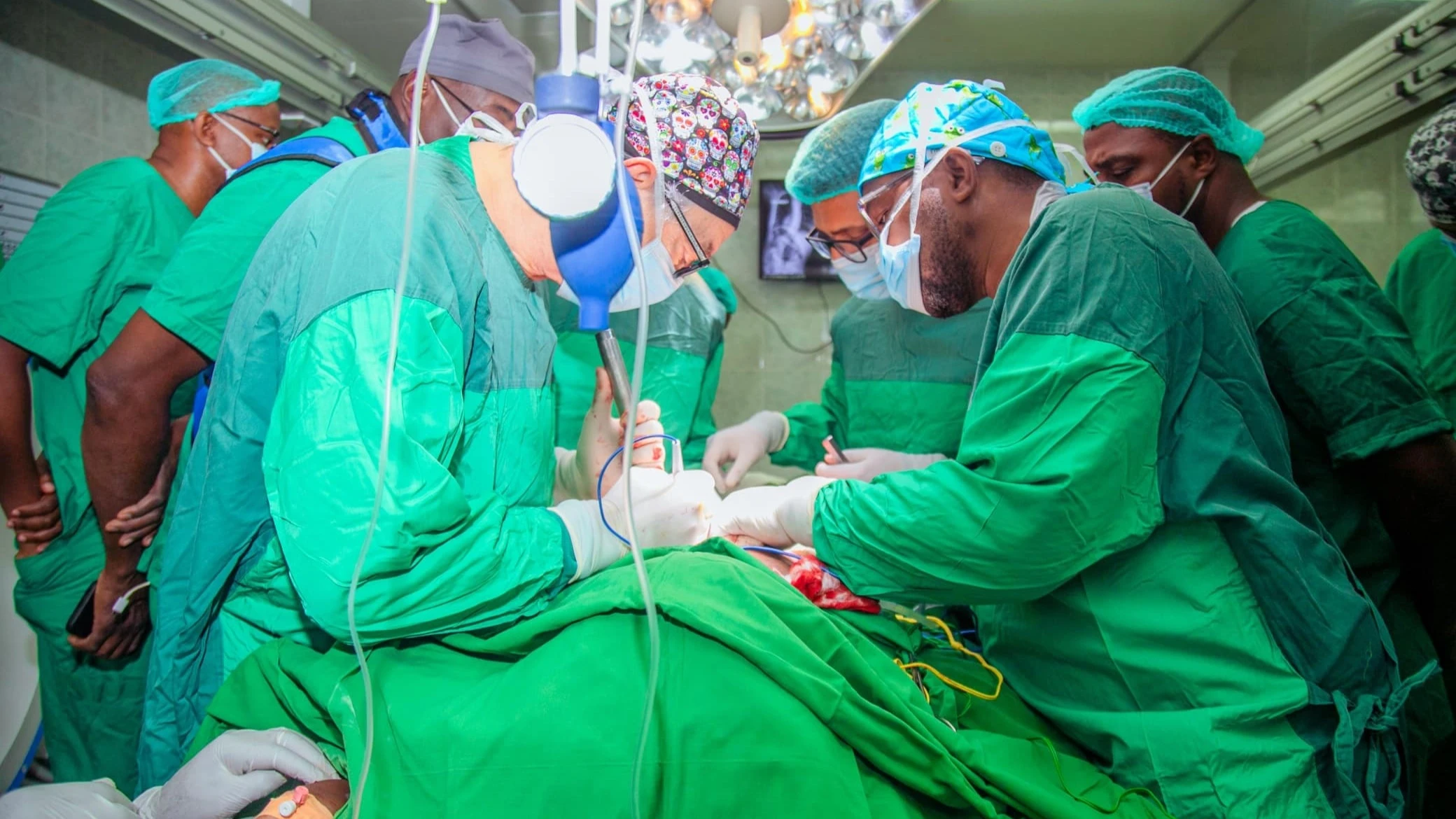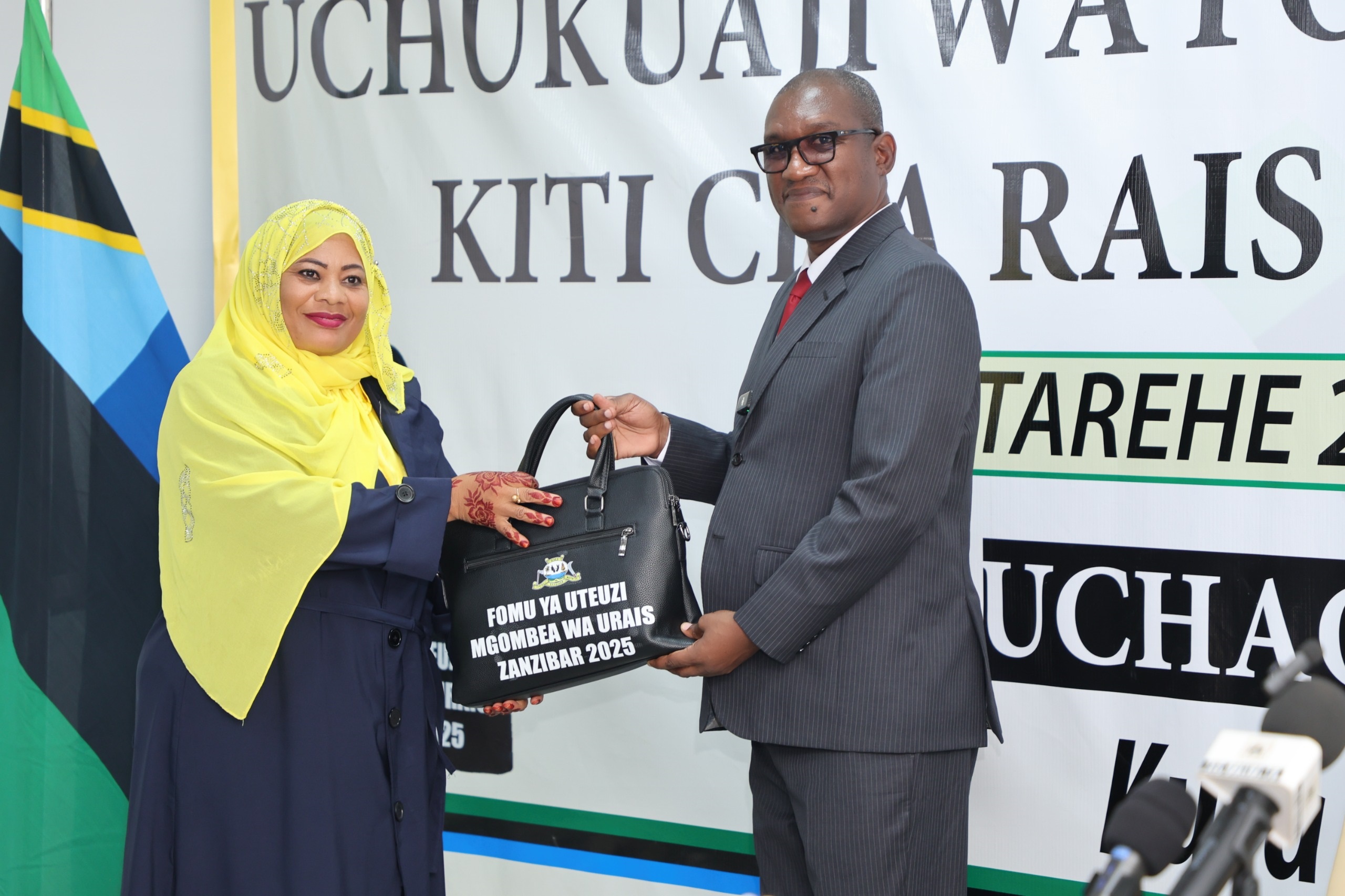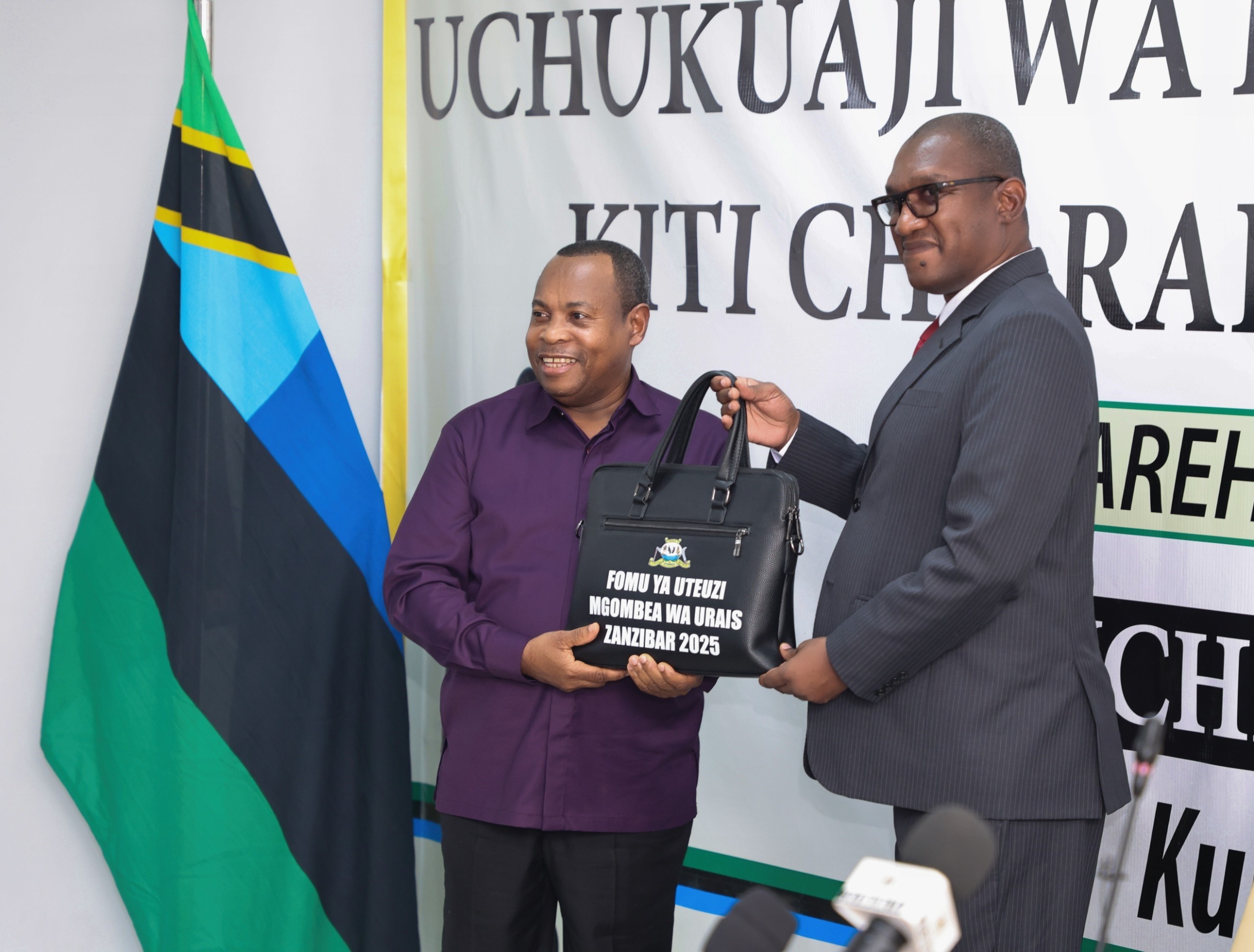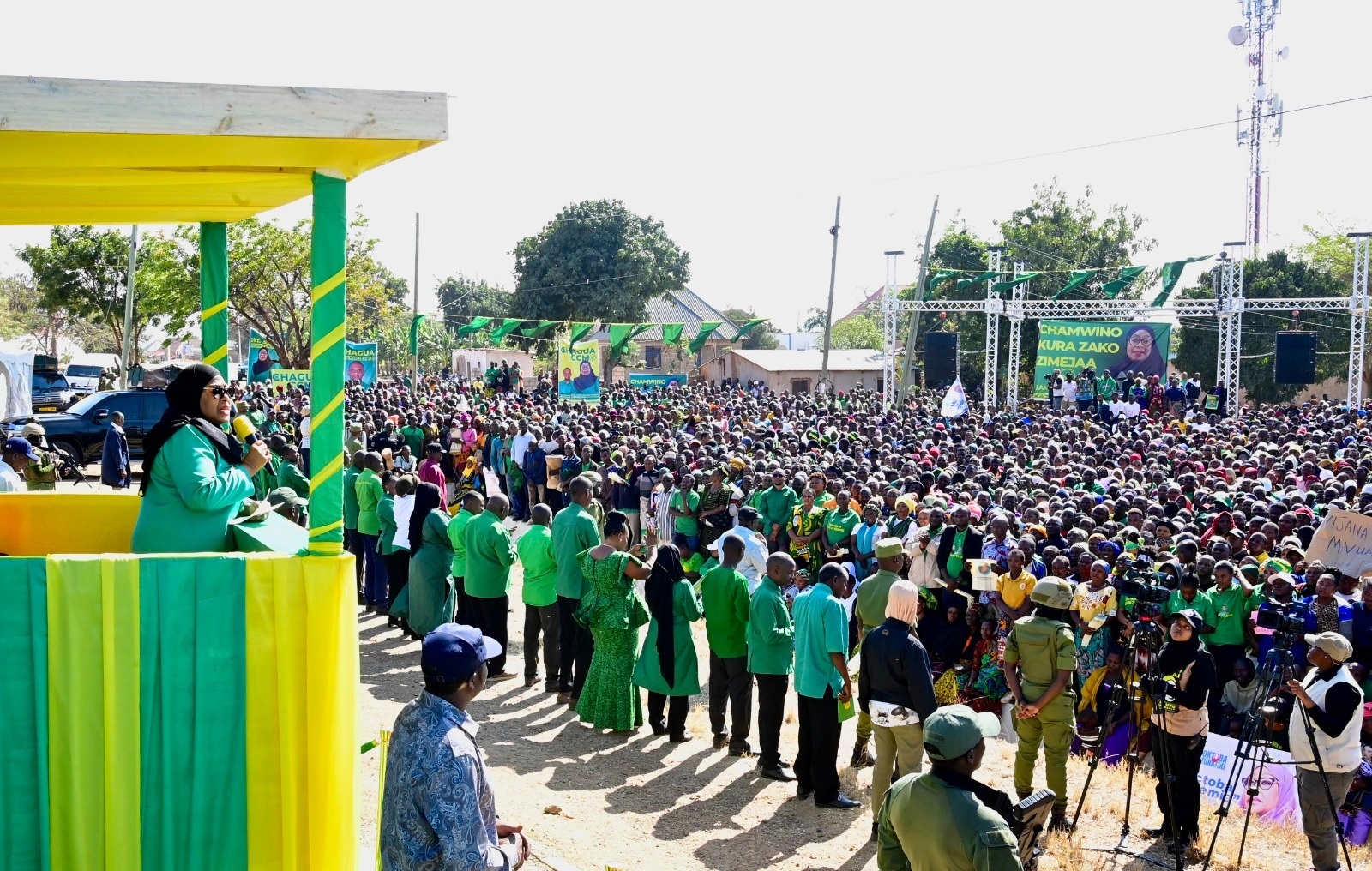Samia promises swift reforms in health, education,economic empowerment
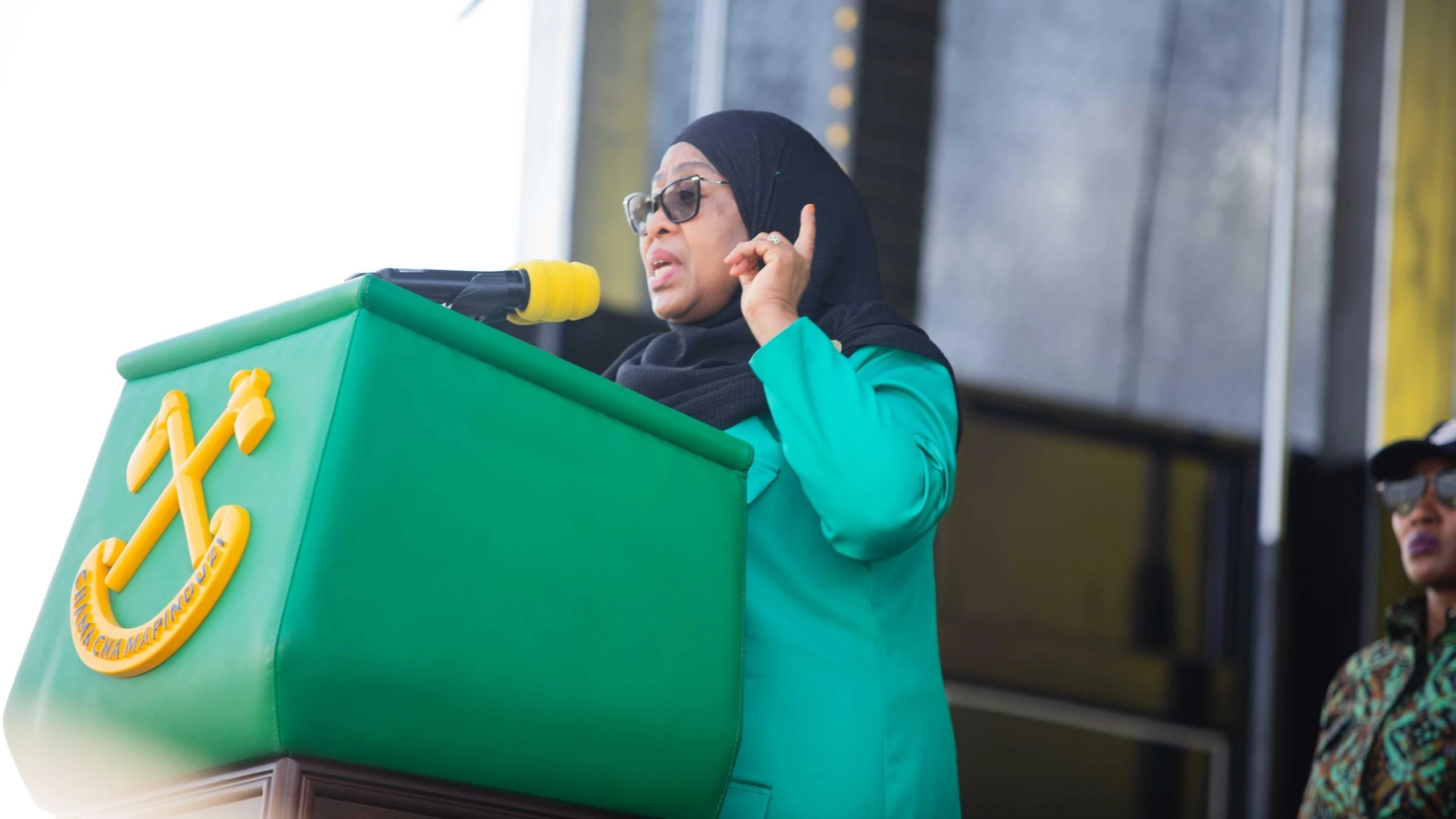
THE ruling Chama Cha Mapinduzi (CCM) presidential candidate, Samia Suluhu Hassan, while campaigning in Dar es Salaam, Morogoro and Dodoma regions, has laid out her major promises to Tanzanians should she be given another mandate to lead the nation.
Since launching her campaign on August 28, 2025, Samia has made clear her government’s intention to strengthen social and economic sectors, with a vow to implement swift reforms within her first 100 days in office.
In the health sector, alongside continuing the construction of health centers and dispensaries, she pledged that within her first 100 days, the government will pilot the National Health Insurance System under the Universal Health Insurance Law, starting with the elderly, children, pregnant women and people with disabilities.
“The medical costs for these groups will be covered by the National Health Insurance Fund,” she promised.
She further pledged that the government will finance specialized treatment and diagnostic services for non-communicable diseases such as cancer, diabetes, heart conditions, kidney failure and bone complications, which are often beyond the financial reach of many citizens.
Additionally, she committed to creating 5,000 new jobs for health workers, including nurses and midwives, as part of efforts to improve service delivery. She also vowed to end the practice of hospitals detaining the bodies of deceased patients over unpaid medical bills.
In education, she announced a strong plan to ensure every third grader is able to read, write and count with ease. The government will also employ 7,000 mathematics and science teachers, subjects that require specialized skills.
Samia promised to strengthen the link between vocational colleges (VETA), universities and employers so that students can access practical industrial training immediately after studies. She further pledged to expand school infrastructure at primary and secondary levels to ensure all children of school age access education, with free education continuing.
On the economy, she announced that Sh200 billion will be allocated for loans to small and medium entrepreneurs, while start-ups will be provided with seed capital.
She pledged to formalize the informal sector—including food vendors, motorcycle and tricycle transport operators, and small-scale traders—so they can access services.
She also unveiled plans to establish district-level industrial zones that will create jobs through value addition in agriculture, livestock, fisheries, mining and forestry.
The Head of State promised to launch a national water grid connecting key sources such as Lakes Victoria, Tanganyika, and Nyasa, along with major rivers, to tackle water access challenges for households, farming and business.
In the energy sector, her focus will be on promoting the use of clean cooking energy, reducing dependence on firewood and charcoal to protect the environment and public health.
On governance, Samia pledged to establish digital accountability systems through which ministers, regional commissioners and other government officials will regularly provide updates and respond to citizens’ questions free of charge via digital platforms and SMS.
She also promised that under her R4 Philosophy, her government will continue dialogue with political stakeholders, civil society and the private sector by forming a commission to initiate reconciliation talks and prepare the ground for a new constitution process.
Samia pledged to continue land surveying to resolve disputes and empower citizens to engage in development activities.
She promised that by 2030, her government will procure 10 million tractors to ease the burden on farmers who often face high rental costs from private providers.
Other pledges include the construction of bus terminals, markets and abattoirs, expanding livestock auctions, and resolving farmer–pastoralist conflicts through the Tutunzane program. She reaffirmed her government’s commitment to continuing fertilizer subsidies, provision of inputs and improved seeds.
Tomorrow, she is expected to continue her campaign in Songwe Region before heading to other regions as scheduled.
Top Headlines
© 2025 IPPMEDIA.COM. ALL RIGHTS RESERVED








